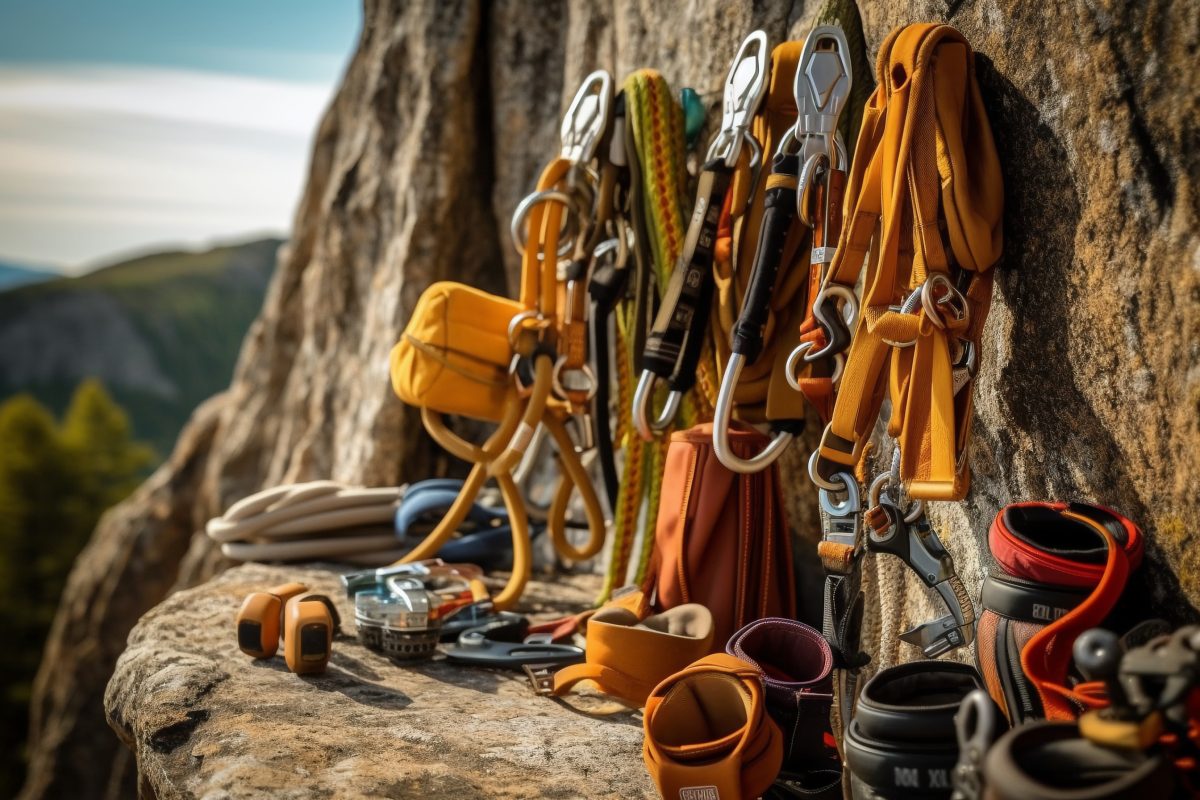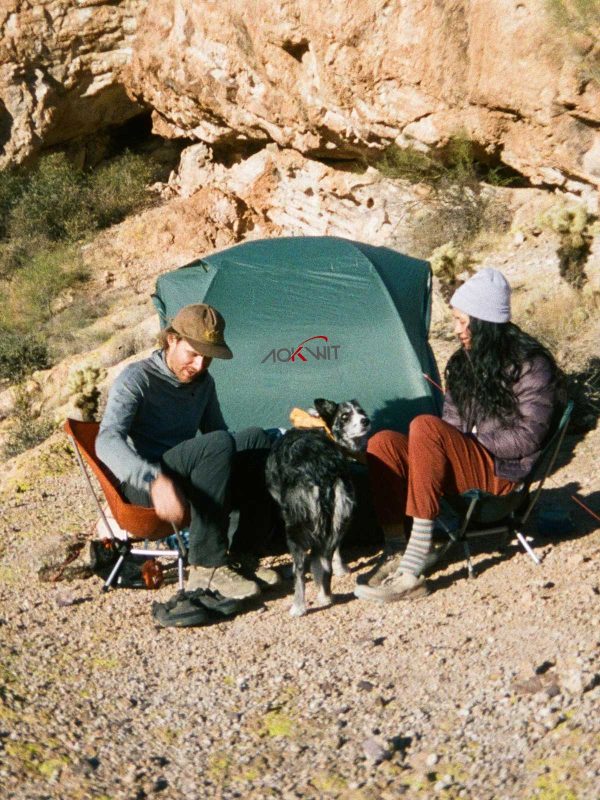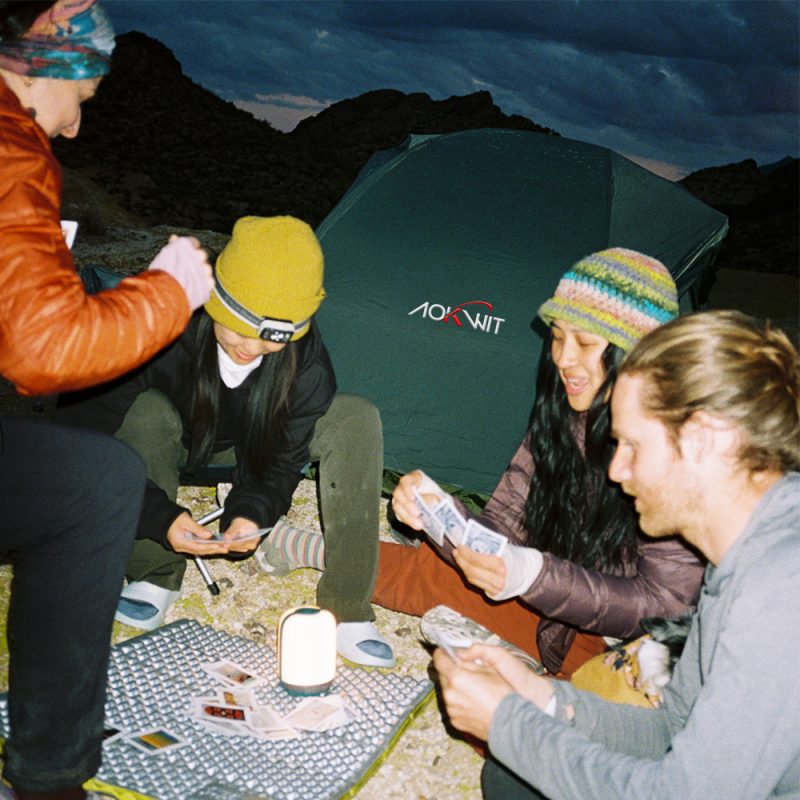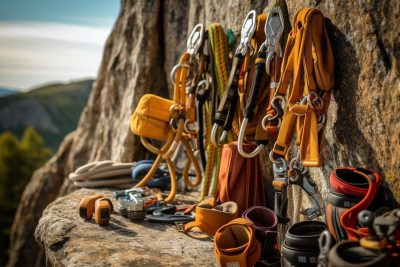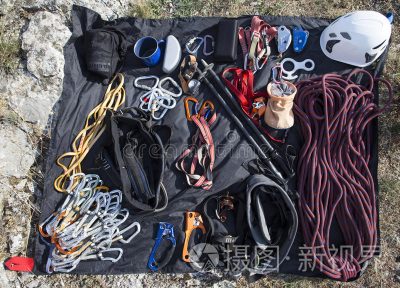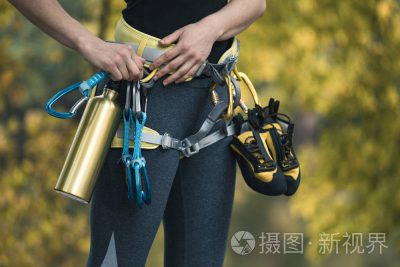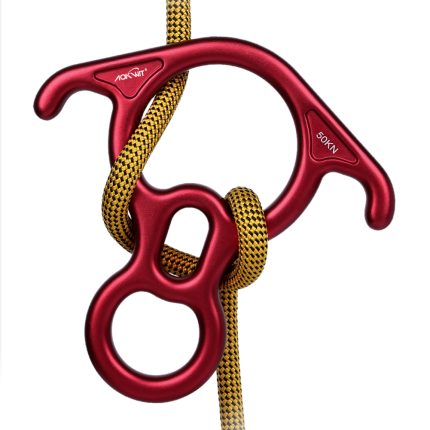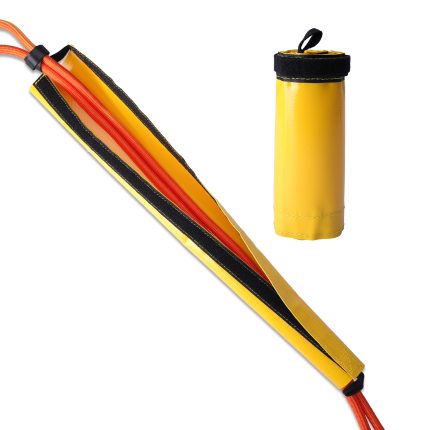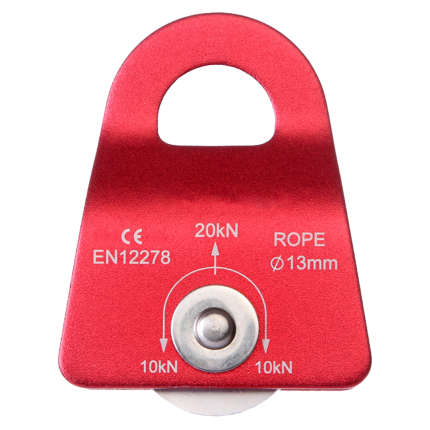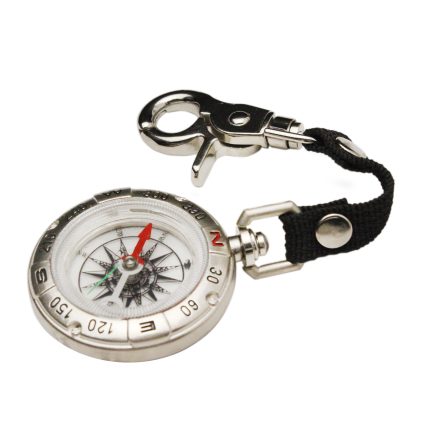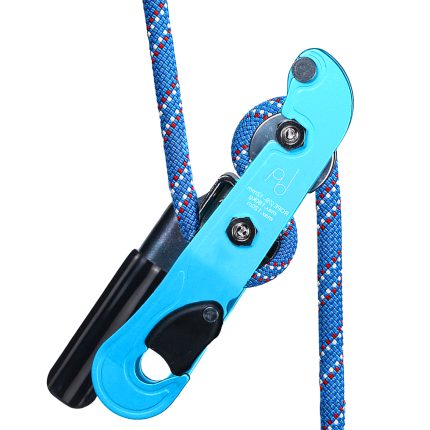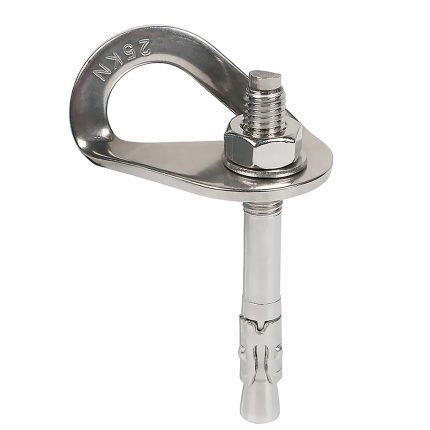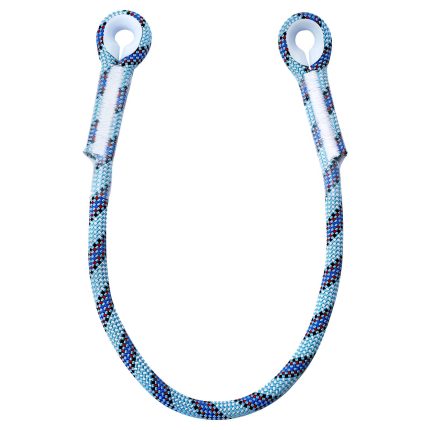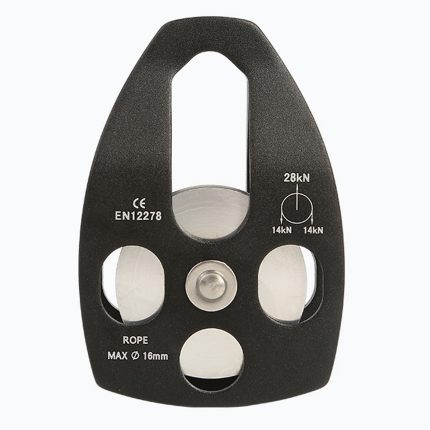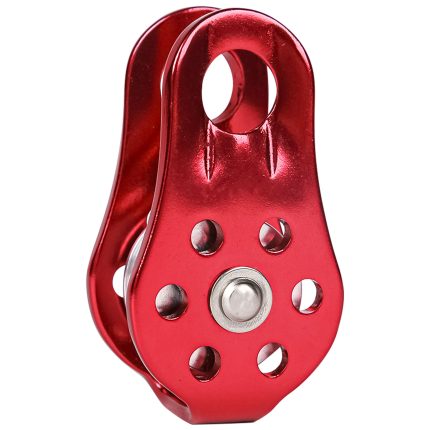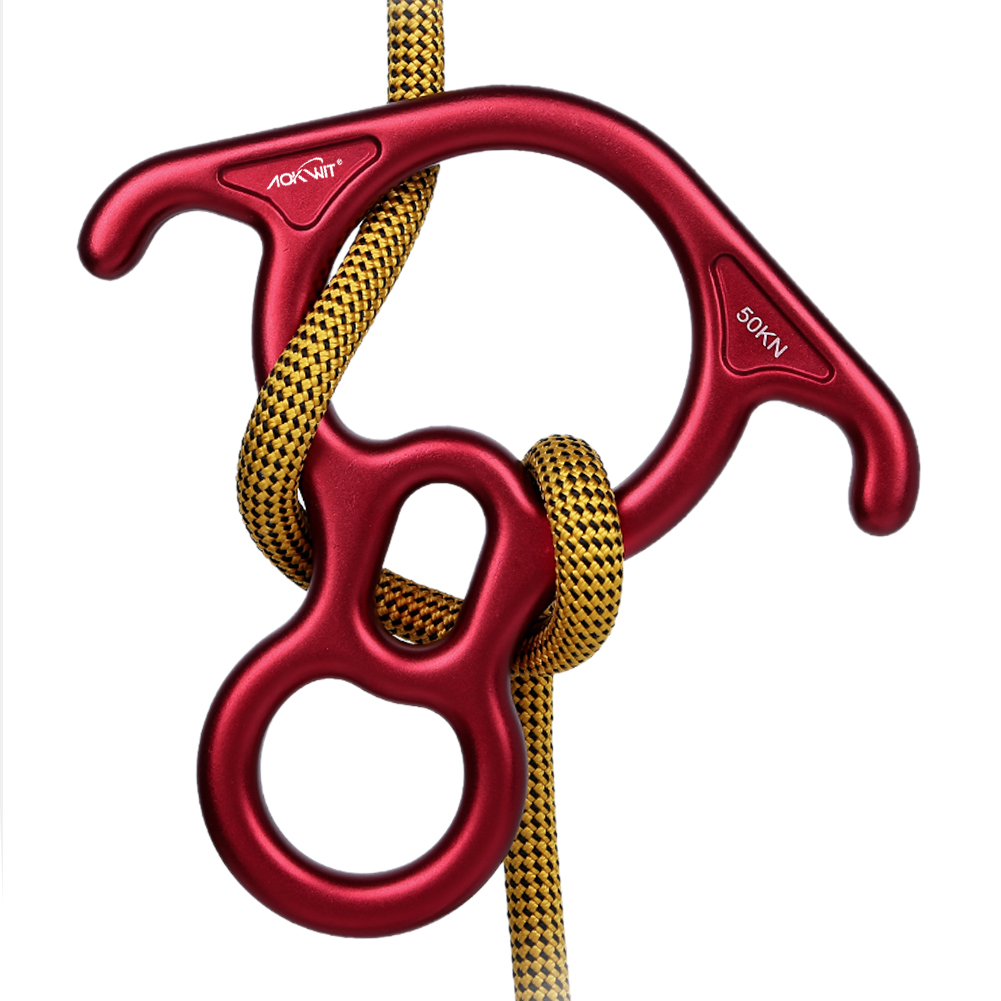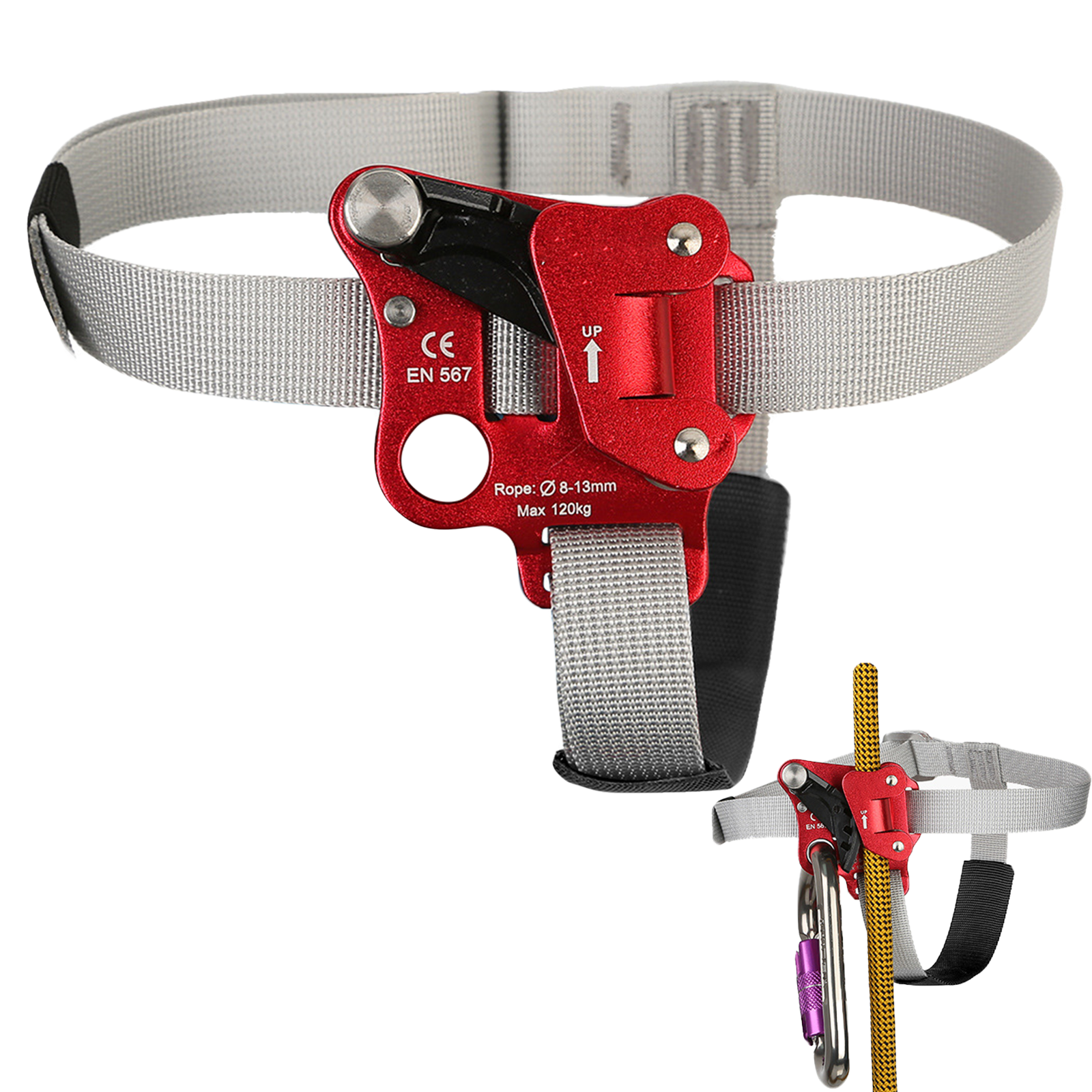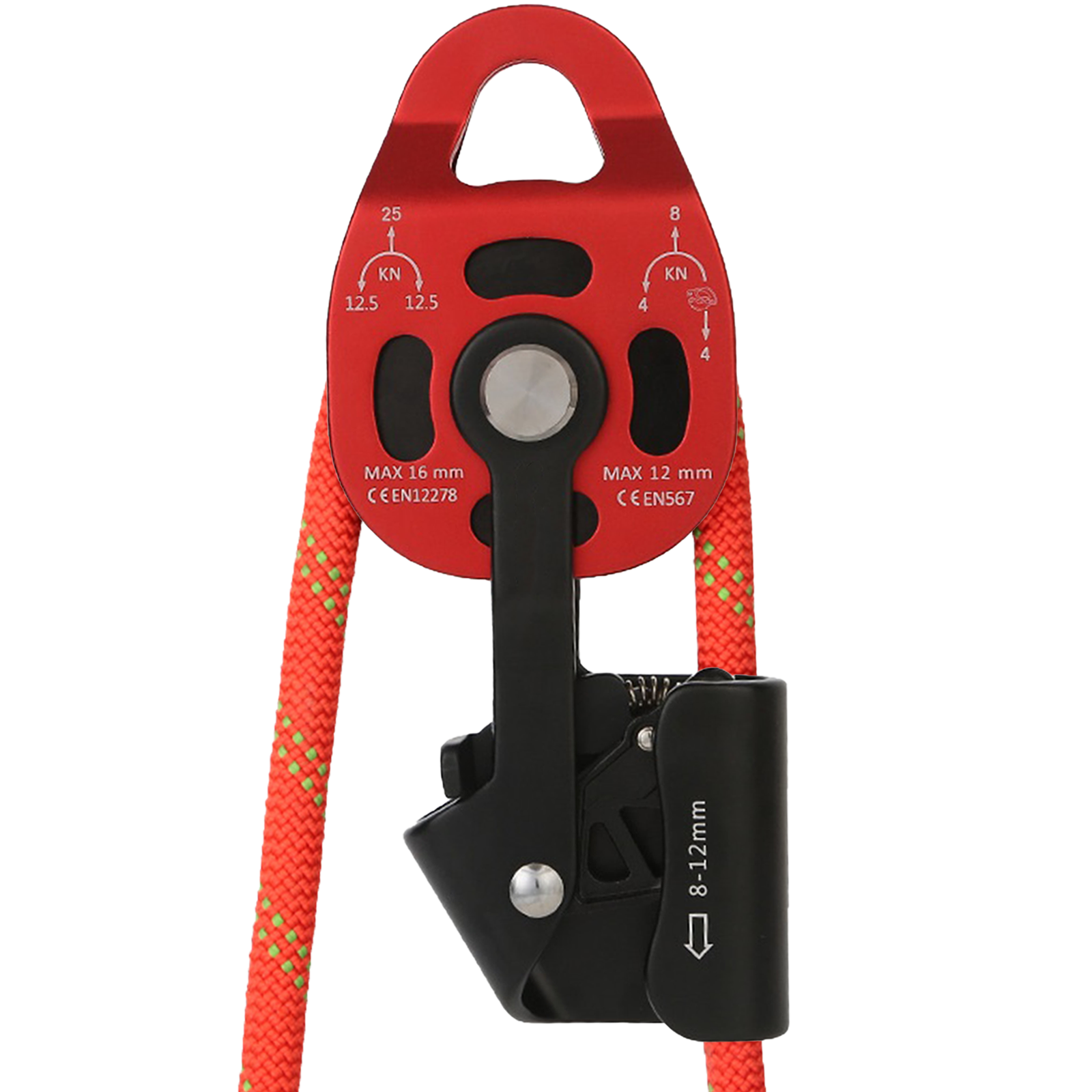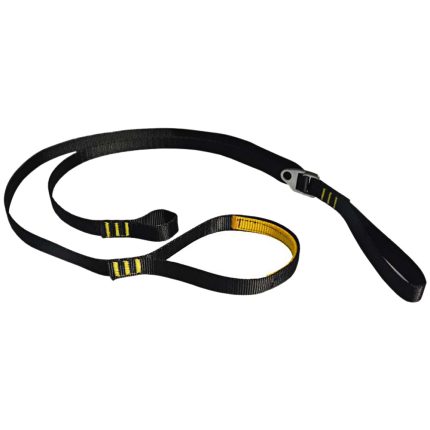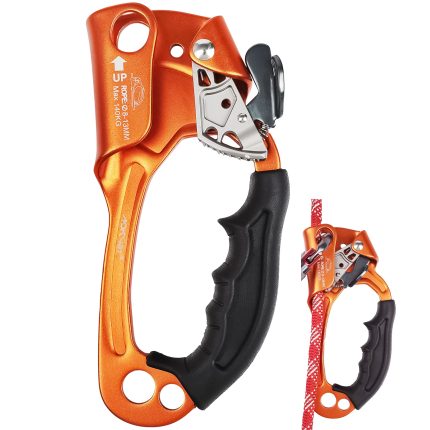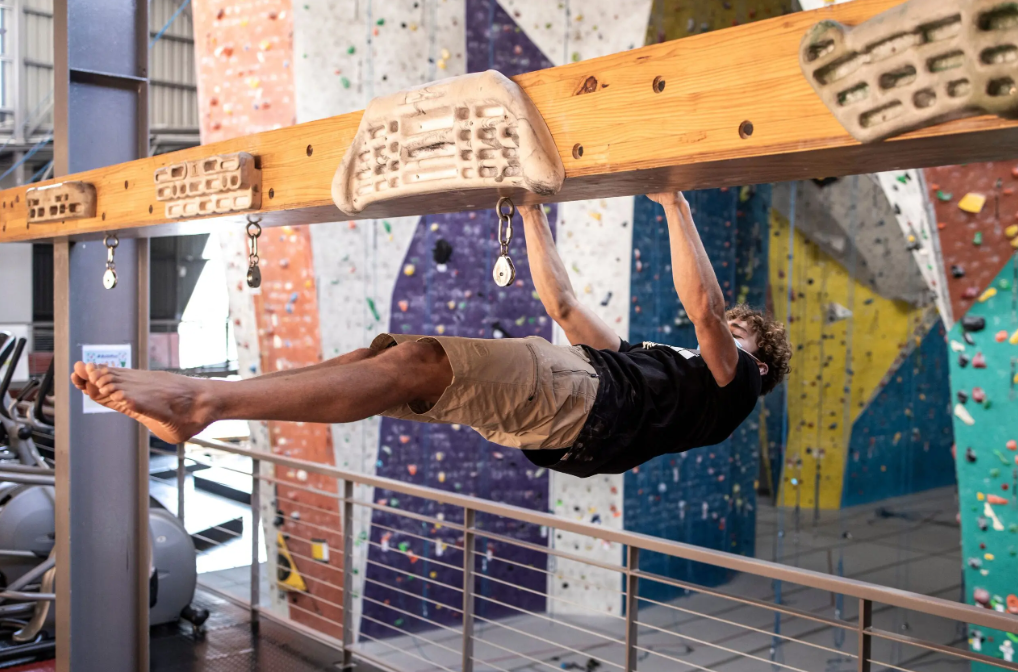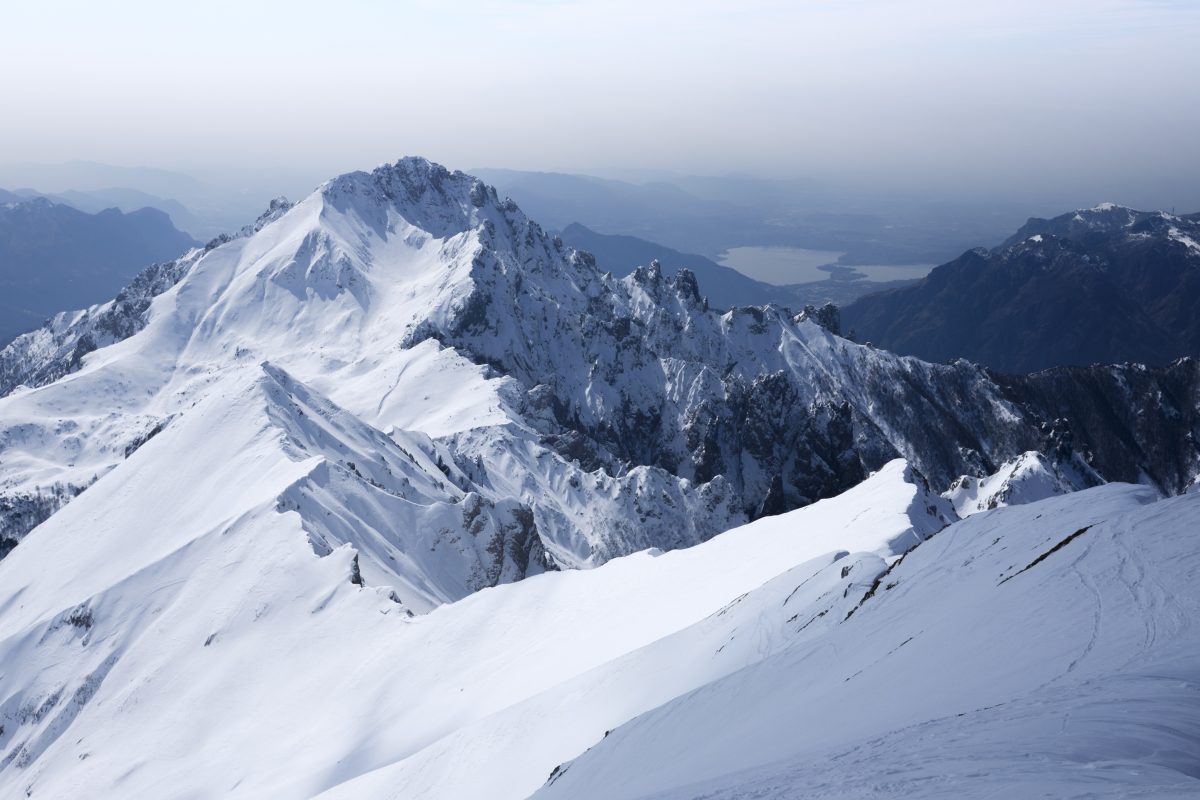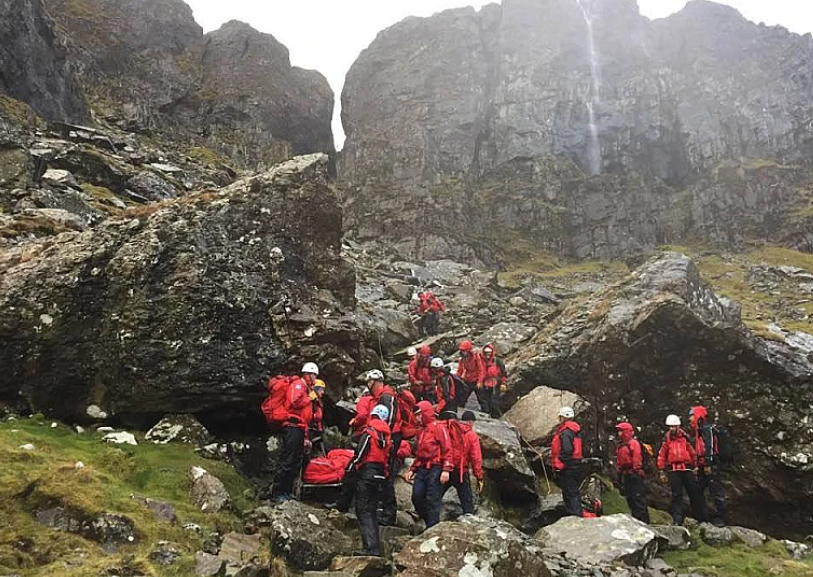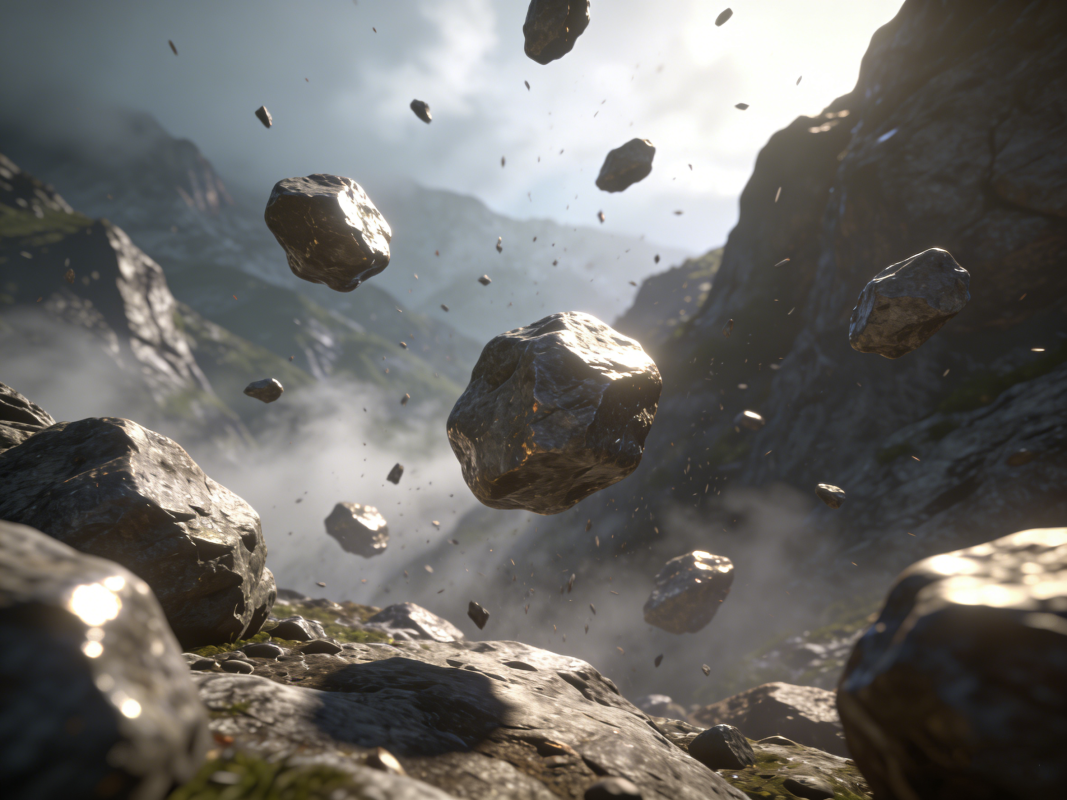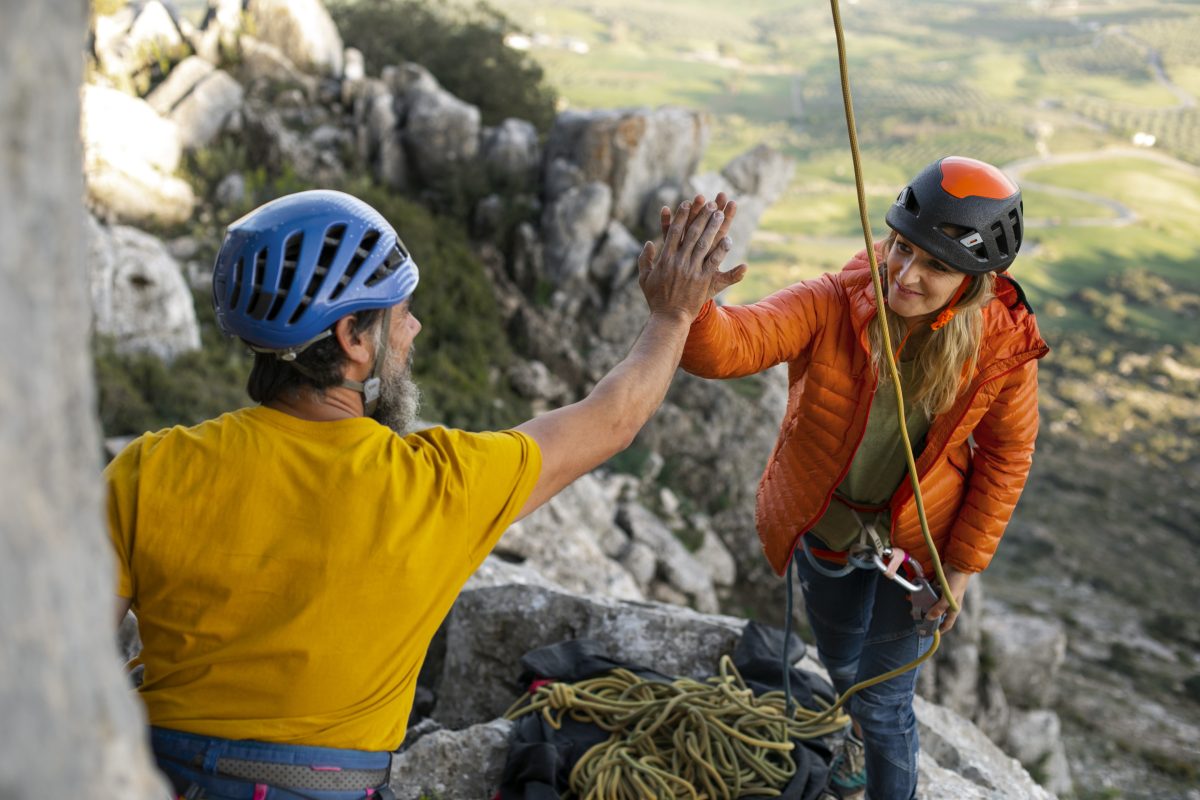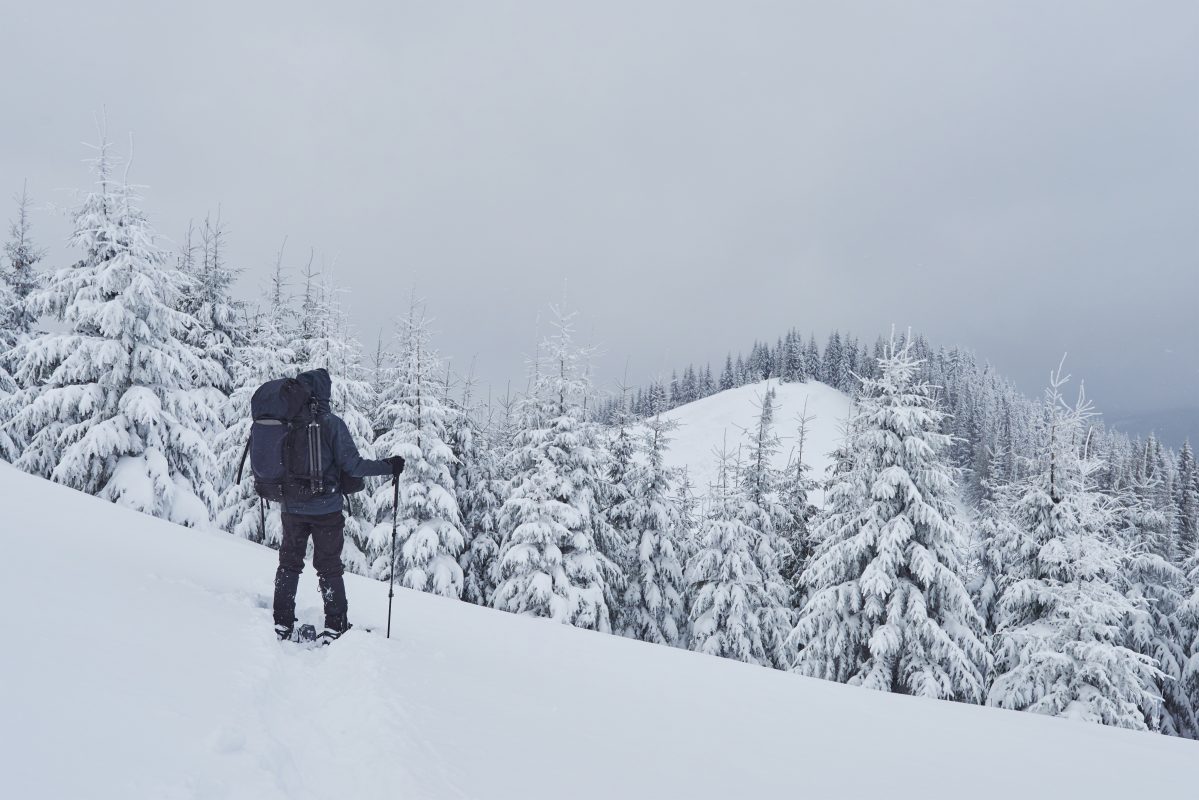The Importance of Rest and the Recollection Effect in Climbing
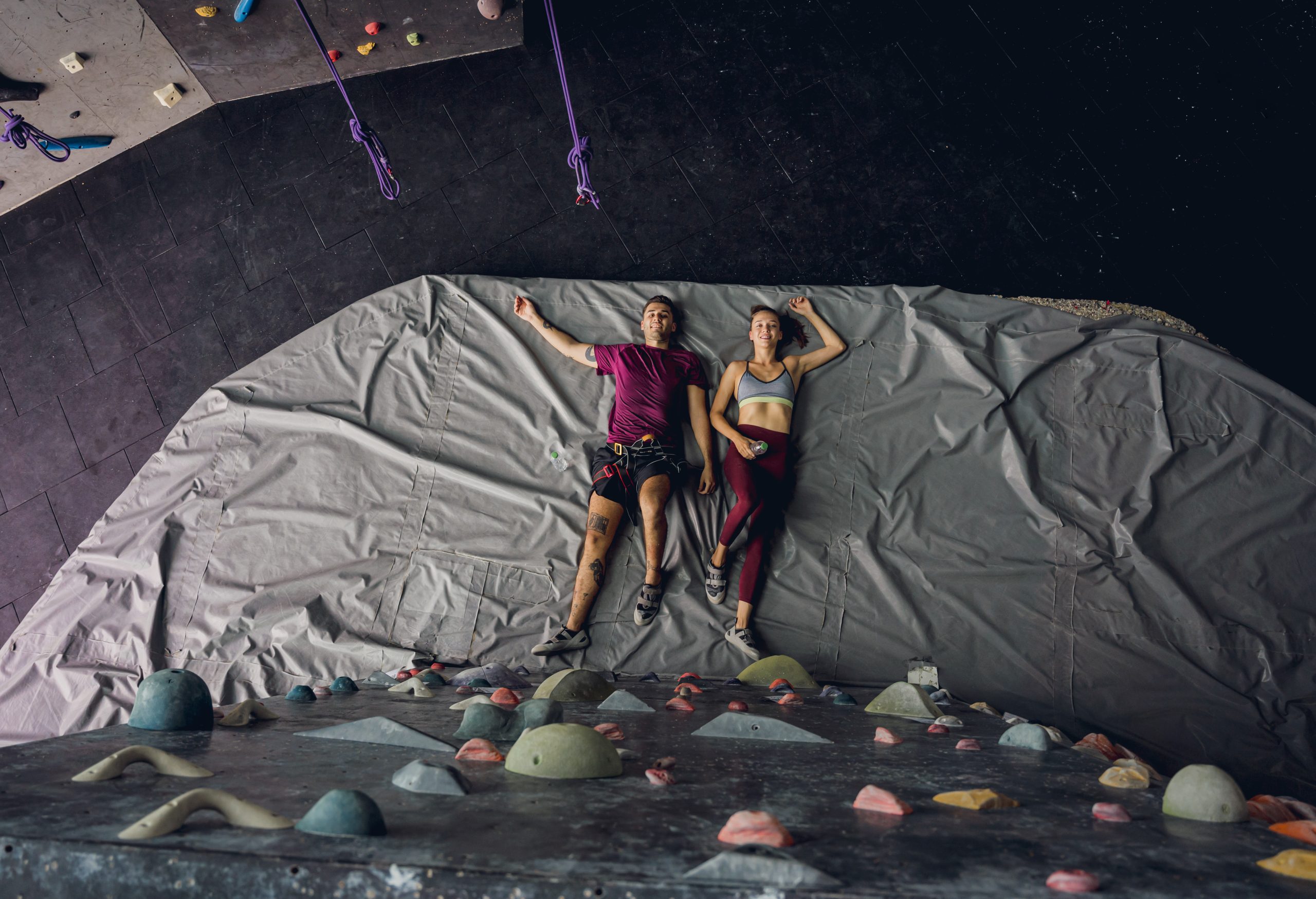
When climbing progress plateaus, can taking a break truly be beneficial?
Many people report that after stopping climbing for a month or longer, they actually feel an improvement in their climbing ability. So, is training year-round without rest really the best way to enhance technique and physical conditioning?
The answer is no. In fact, appropriate breaks positively impact climbing performance—this is especially relevant for those who consistently climb at least twice per week throughout the year.
Consistent high-frequency training can easily lead to mental and physical fatigue, manifesting as decreased motivation, a flattening performance curve, or even regression after prolonged training periods or extended climbing trips.
More alarmingly, many individuals respond by increasing their training intensity, which often yields the opposite of the desired result. Surprisingly, adequate rest is frequently the fastest route to breaking through plateaus and regaining form.
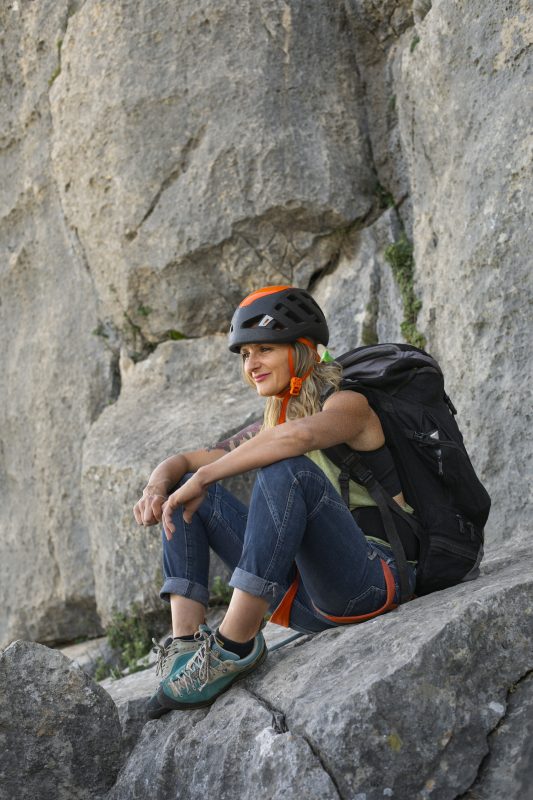
I. Why is Complete Rest Necessary?
Taking a full month off during the off-season—completely removing yourself from the climbing environment, avoiding gyms, home walls, and specific training—can yield significant benefits.
While a minor loss in raw strength might occur in the short term, these attributes quickly return upon resuming training.
More importantly, the reignited passion and a refreshed neuromuscular system will effectively enhance the quality of subsequent training sessions and climbing performance.
II. The Dual Benefits of Rest
- Physical Recovery and Injury Prevention
Continuous training easily leads to the accumulation of micro-damage and potential underlying injuries. Several weeks of rest provide precious time for tendons to repair and strengthen, making them more resilient upon returning to high-intensity training.
Simultaneously, muscles regain vitality through adequate rest. Accumulated long-term fatigue often keeps climbers on the brink of overtraining, whereas a 3 to 4-week break can actually prompt a rebound in strength.
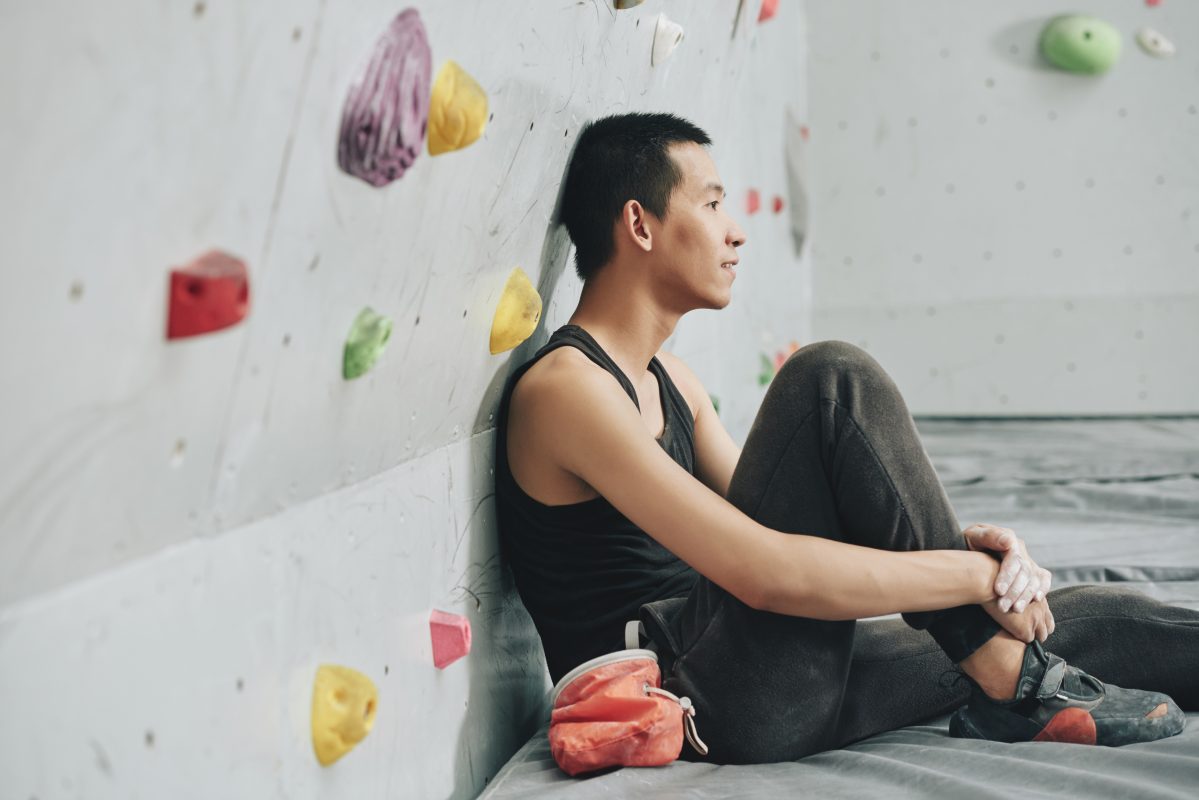
2. The Psychological Mechanism of the Recollection Effect
The “Recollection Effect” is a well-documented psychological phenomenon where the subconscious mind can more effectively direct and control complex movements and refined techniques (often referred to as “muscle memory”).
Long-term, regular training can lead to central nervous system fatigue and diminished proprioception, causing movements to become stiff and performance to stagnate. Climbers often find themselves puzzled, wondering, “Why am I getting worse the more I train?”
Stepping away from climbing temporarily helps clear the mind, allows the nervous system to recover (its recovery time is approximately 7 times longer than that of muscles), and resets the intuition for efficient movement.
When the body “recollects” the mastered technical movements, returning to the wall often feels more effortless and fluid.
This “effortless trying” approach, different from the previous “over-exertion” training mindset, better activates the subconscious guidance of movement.
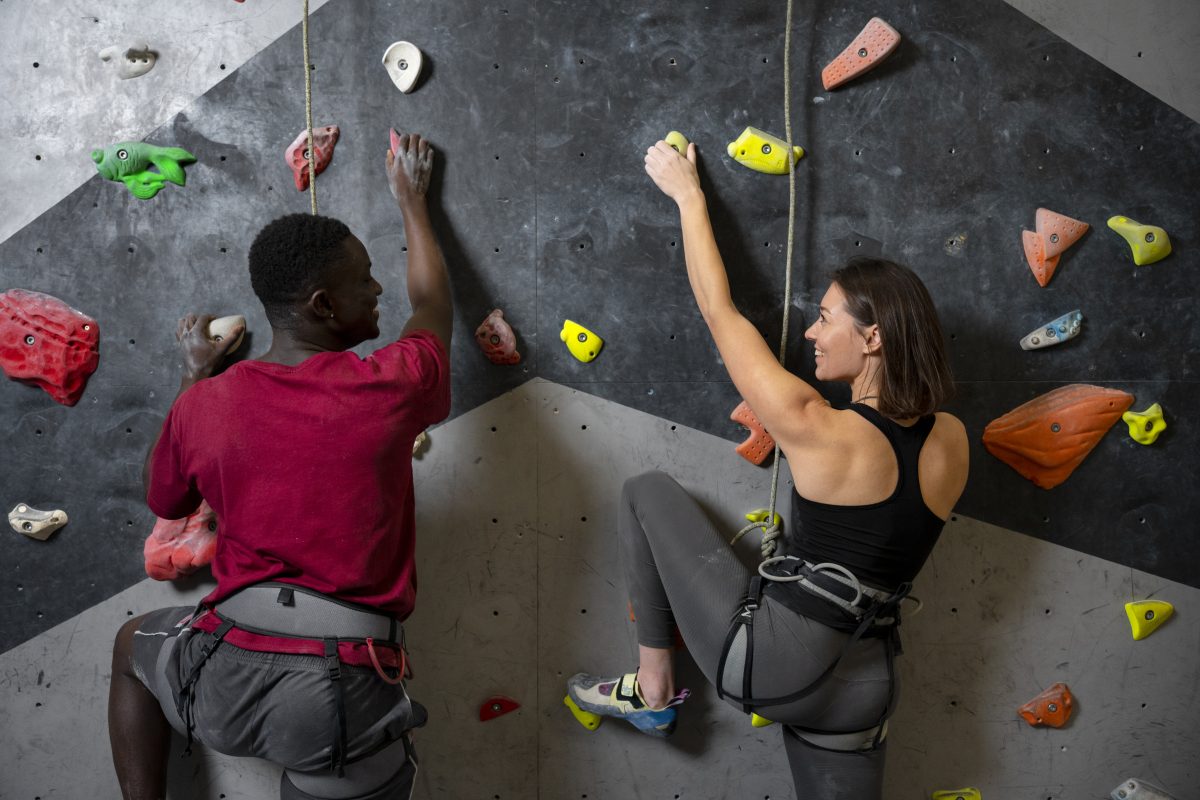
III. Practical Validation of the Recollection Effect
From golf to gymnastics, participants in many sports have repeatedly validated the effectiveness of the Recollection Effect.
When you next face a climbing plateau, consider trying a break of several weeks, allowing your body to naturally return to its most efficient and fluid climbing form.
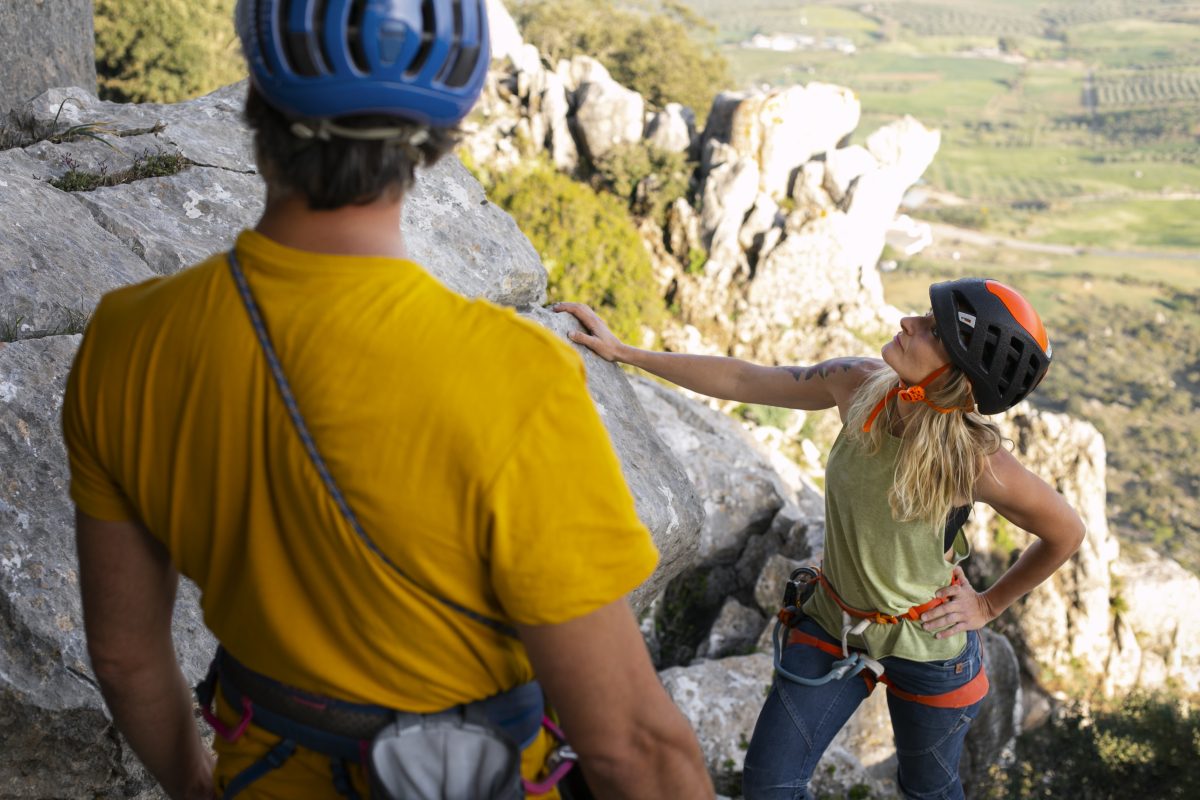
IV. Recommendations and Reminders
If you seek sustained peak climbing performance, it is recommended to schedule a full month of complete rest each year. This period of downtime will rebuild internal motivation, promote the healing of injuries, and allow the nervous system to recover from long-term load.
Upon returning to climbing, you will likely experience heightened focus and more effortless performance—this is the positive influence of the Recollection Effect.
Note: This approach is suitable for those with high training frequency (climbing and training more than 8 days per month). The effects may be less pronounced for low-frequency climbers.






